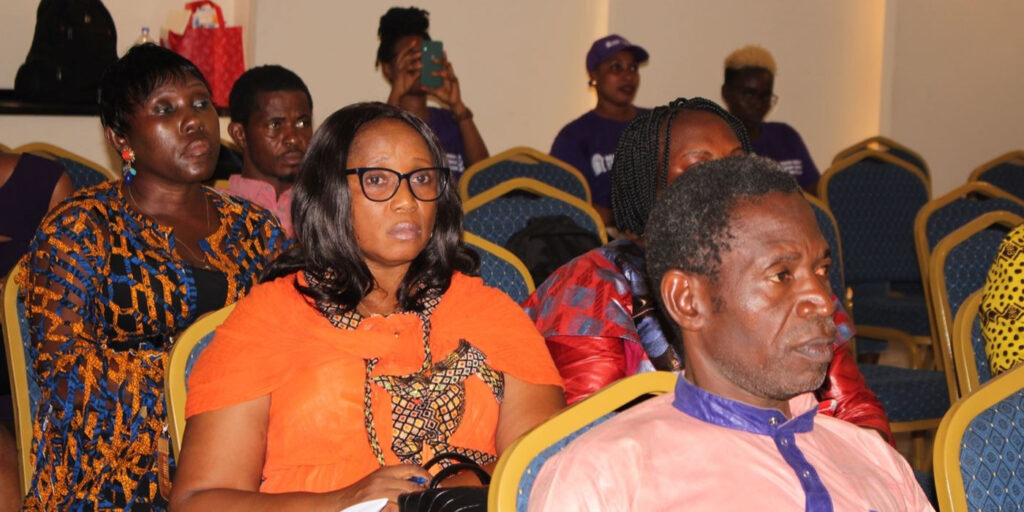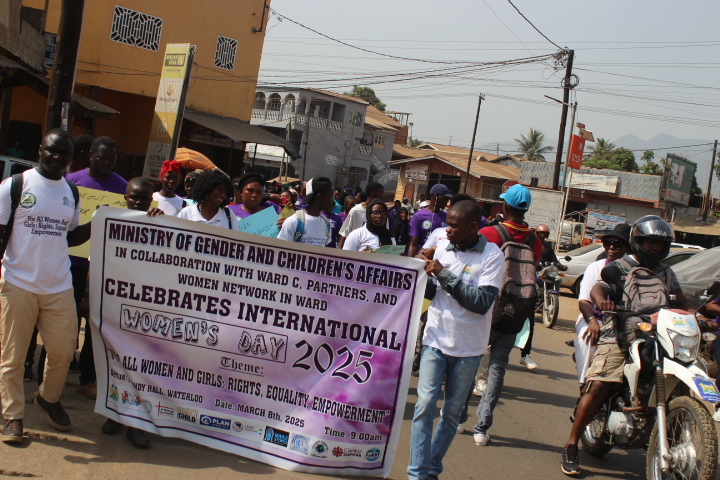
Funded by the Foreign, Commonwealth and Development Office (FCDO), the Integrated Sexual Health (WISH) Project in Sierra Leone was an initiative that was dedicated to reaching the most marginalized communities, ensuring inclusivity, and empowering women and girls with vital Sexual and Reproductive Health (SRH) and family planning services.
Implemented by Marie Stopes Sierra Leone in collaboration with several partners, the project commenced in 2018 and concluded at the end of 2023.
Throughout its duration, the WISH Project aimed to provide comprehensive SRH services, enhance family planning initiatives, and reduce maternal mortality rates, aligning closely with the healthcare agenda of the Government of Sierra Leone (GoSL). Spanning across hard-to-reach regions, including Bo, Bonthe Mainland, Bonthe Island, Moyamba, Pujehun, Kambia, Kailahun, Kenema, Koinadugu, Tonkolili, and Kono, the project engaged with various stakeholders and leveraged outreach teams to extend its impact.
The primary beneficiaries of this endeavour were adolescents, vulnerable women, individuals living below the poverty line, and those with disabilities. With FCDO’s support, the project reached an extensive number of women and girls, providing essential services, reducing unintended pregnancies, and averting maternal deaths. Notably, it introduced inclusive services for people with disabilities, initiated educational campaigns targeting adolescents, and expanded outreach capabilities to access the most remote communities.
As we delve into the details of the Prices Report, we uncover the profound impact of the WISH Project on the healthcare landscape of Sierra Leone, showcasing achievements, challenges, and the collaborative efforts that made it possible.
Key Quotes
Statement by Ramatu Kargbo – National Coordinator GBV Response Ministry of Gender and Children Affairs
“Gender-Based Violence prevention and response is a key mandate of the Ministry of Gender and Children Affairs. It is for this reason we continue to develop and implement strategies, policies and frameworks which aim to protect women’s rights and dignity. Seven One-Stop Centres have been established, where support for GBV victims is being provided. Collaboration with MSSL has benefitted many women of reproductive ages as well as GBV victims. I am quite impressed with the impact on men who now support their women to access family planning. We have support and will continue to significantly contribute to SGBV and SRH as these issues require a thorough intervention.”







